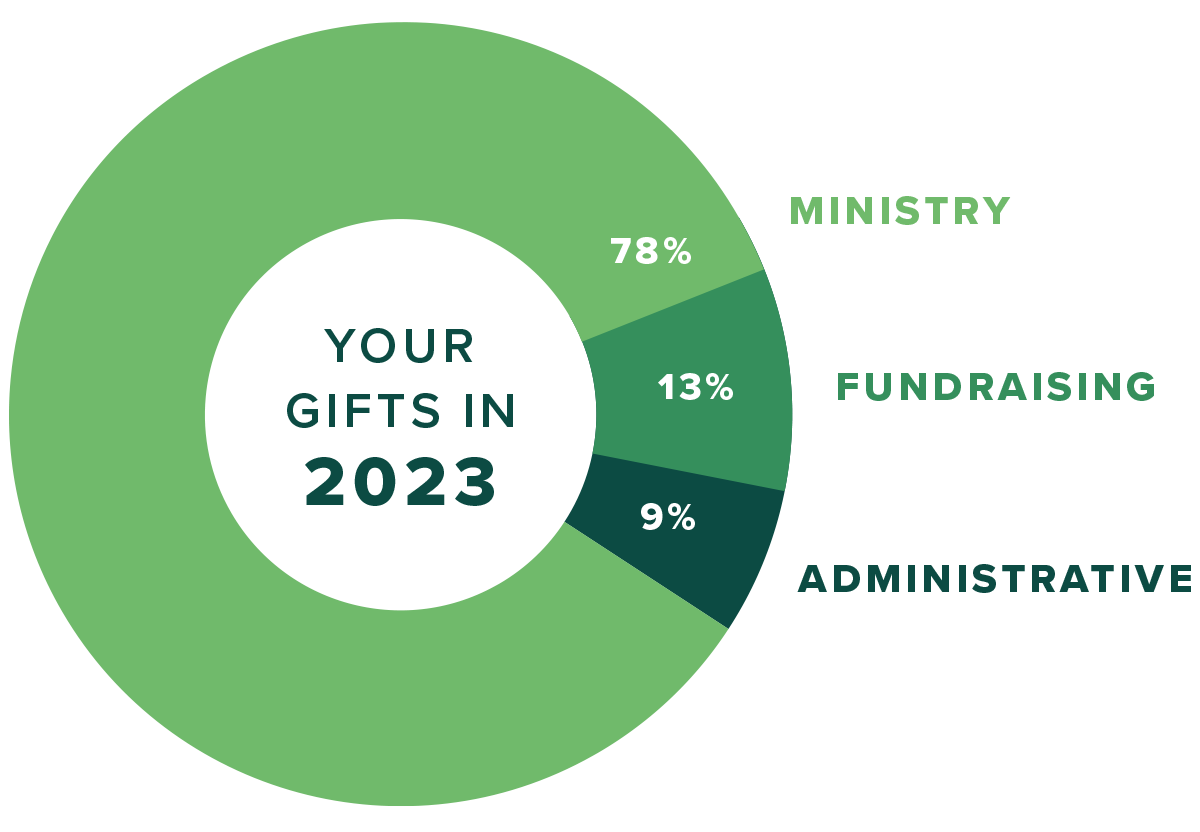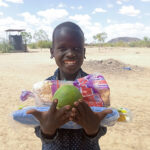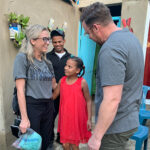Explore the impact through child sponsorship, and the strategy behind sponsorship programs to reach children in poverty.
One sponsor can invest in a child and transform that child’s life forever. This is the core of what we believe and why child sponsorship is the key to breaking the cycle of poverty.
But how does a sponsor know they are making a difference? We sat down with Dr. Jacob Kitonsa, Global Program Director at OneChild, to explore the impact he sees through child sponsorship, and the strategy behind sponsorship programs to reach children in poverty.
Dr. Jacob Kitonsa has over 20 years’ experience working in children’s ministry programs around the world. Having grown up in Uganda, he understands the realities in which the children he serves are living, as well as the importance of having established educational programs within an impoverished community.
“Education in the countries where we work is the key that can open up many doors in children’s lives,” Jacob says. “If they don’t have education, they can’t go anywhere or do anything. In developing countries, if you are not given an opportunity to go to school, it’s as if you don’t have value at all. Sponsorship provides a great opportunity for children in poverty to acquire education and skill, and also be recognized as people of value in their communities.”
That is why Jacob feels so strongly about the eternal impact of child sponsorship and how it can change the world.
“Effective investment is not investing in buildings, systems, or governments,” he says. “It’s investing in people, specifically in young people. Because they grow up transformed, they are the people who will transform their villages and communities for Christ and for the Kingdom.”
The Intangible Gifts of Sponsorship
While Jacob recognizes the importance of financial support, he knows that a sponsor’s greatest ministry to their child lies in the intangible gifts provided. Sponsors give the gift of hope, not only to the child they support, but also to the child’s family and community, who see the potential for a bright future in that child’s life. The children whose lives are transformed through child sponsorship are introducing their communities to Jesus Christ. Without the influence of sponsorship and OneChild programs, these communities may have never heard His name.
“Effective investment is not investing in buildings, systems, or governments. It’s investing in people, specifically in young people.”
Prayer’s Power in a Child’s Life
Jacob also believes in the power of a sponsor’s prayers for their child, and how prayers can impact their child in ways that are beyond what the sponsor may realize. By praying for a sponsored child, a sponsor may be interceding on their behalf in both the physical and spiritual realms. For example, a sponsor speaking safety over their child may be preventing tragedies such as illness, accident, or abuse from happening to them. For Jacob, his sponsored children are considered members of his own family, for whom he and his family members have a responsibility to care for and lift up in prayer.
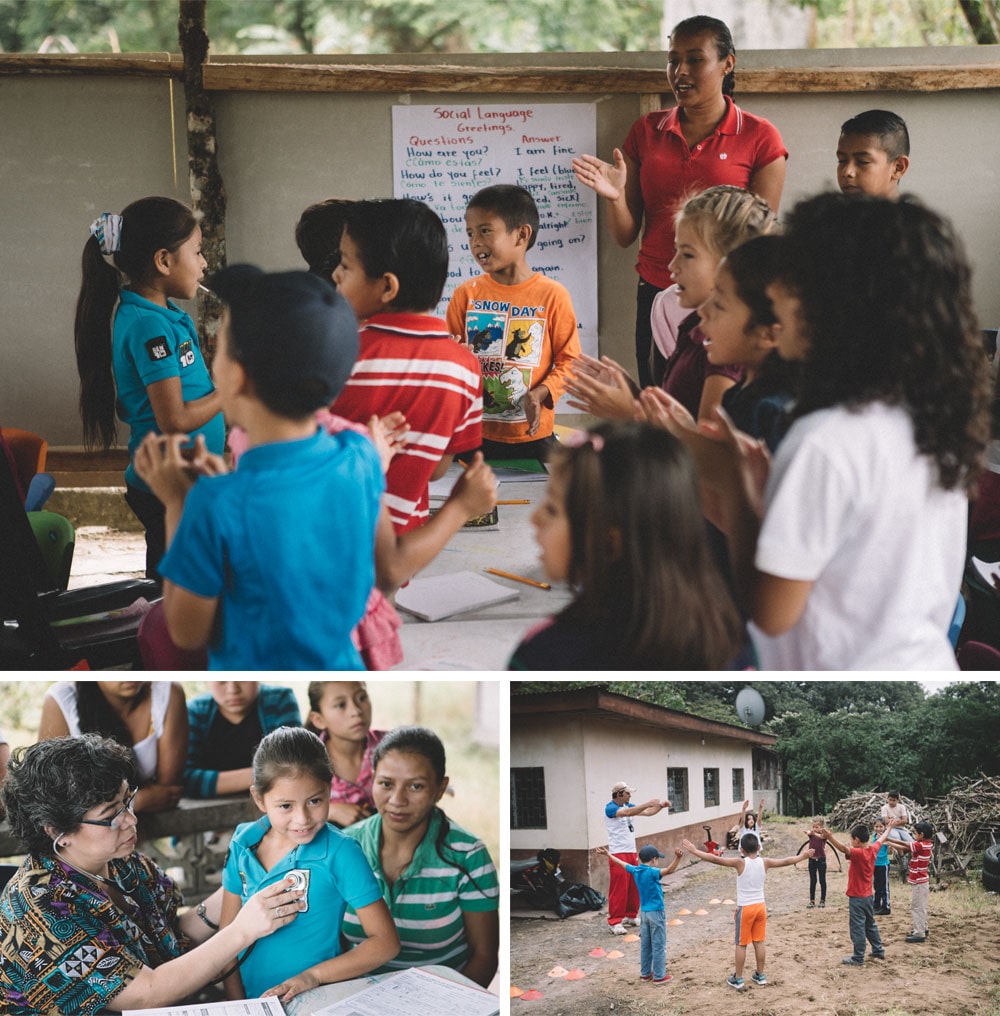
The Importance of Letters
People who influence a child’s life are a critical part of shaping how that child forms their worldview, and this is why sponsor letters are of the utmost importance to child ministry. Jacob considers that a sponsor’s key role is to be a mentor for their sponsored child. Letters should speak words of encouragement over their child, as well as offer the sponsor’s unique lens through which the child can see the world.
“Keep in mind, this is a young boy or young girl in the remotest village with no electricity, no running water—nothing,” Jacob says. “They probably have one taxi that goes to the city in the morning and comes back in the evening. They never travel out of their village, so when you speak to them [through letters], it’s like you are bringing a movie to them and you are teaching them about life outside of their village.”
As a sponsor aids in the shaping of a child’s worldview, their letters are also critical in developing their child’s self-image. Letters communicate to a child that they are seen and valued by someone on the other side of the world—that they are worth the time, thought, and cost associated with a handwritten letter. For a child, this is a foundational investment, as they are on a journey to discovering who they were created to be and what they will contribute to the world.
Why Church Partnership?
OneChild believes in the movement of God’s people to bring unity and hope around the world. Whether it is a megachurch located in the United States or a small church in a remote community of Ethiopia, we believe that the church is a God-ordained institution that has a responsibility to mobilize its people and change the world. Therefore, OneChild partners with these churches to educate, encourage, and equip them to minister effectively to children around the world.
Just as child sponsorship is an investment in a person, church partnership is about an investment in a community. Jacob and other members of his team devote their efforts not only to implementing programs for children to develop, grow, and thrive, but also to empowering their local communities to be the agents of change.
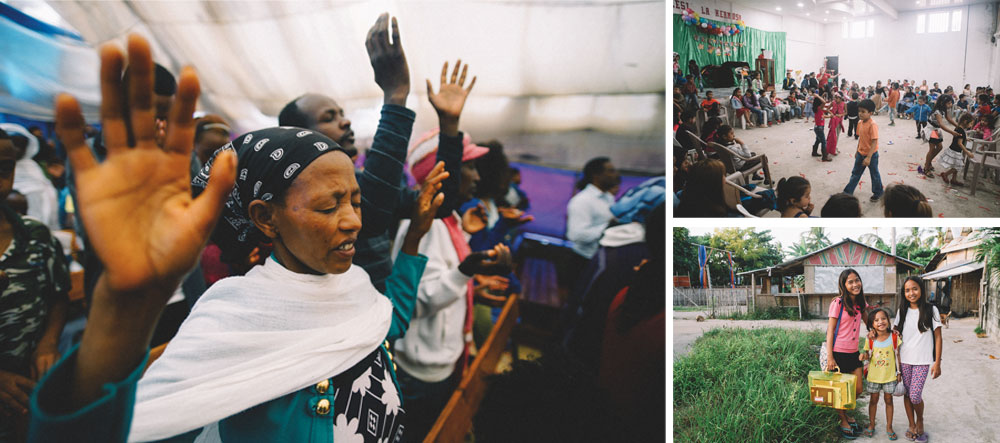
“If you don’t involve the people you’re supporting, that is a disaster. Because you are not helping those people, you are crippling them. You are disempowering them,” Jacob emphasizes.
People are a community’s richest resource, and the members of a child’s own community are some of the most effective missionaries in that child’s life. This is because they understand the context in which the child lives. They have faced the same challenges, learned similar lessons, and they have their own testimonies of overcoming that are relevant to the child’s current circumstances.
In this way, Jacob’s team engages the community’s local church to partner in programming development, with the hope that the church will grow to sustain these programs on its own one day. The church is taught how to efficiently run programs and minister to children using the resources that are locally available, which allows it to foster growth throughout the community. The local church can then be an aid to other churches in need, and the impact will continue to spread.
“Churches in these developing areas seem to be under-resourced, but actually, they do have resources. They have people. People are the richest and deepest resource they can have. We should never think that these areas do not have anything to offer, because they have people,” Jacob concludes.
We are accountable to the children we serve AND to our donors.
Our accountability to our donors is one of our highest priorities. Our goal is to use the funds entrusted to us as wise stewards. To do this requires continued monitoring of our fund distribution. OneChild is also a member in good standing with the Evangelical Council for Financial Accountability (ECFA)
